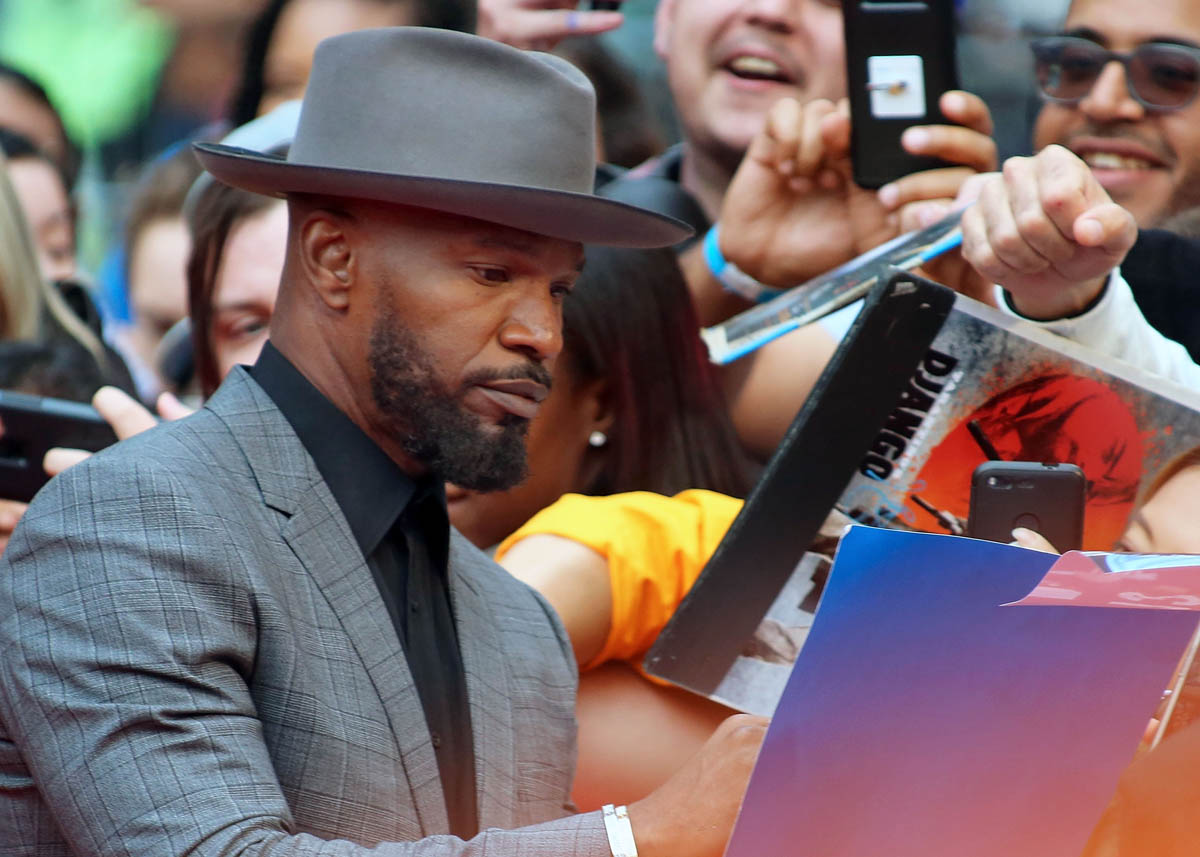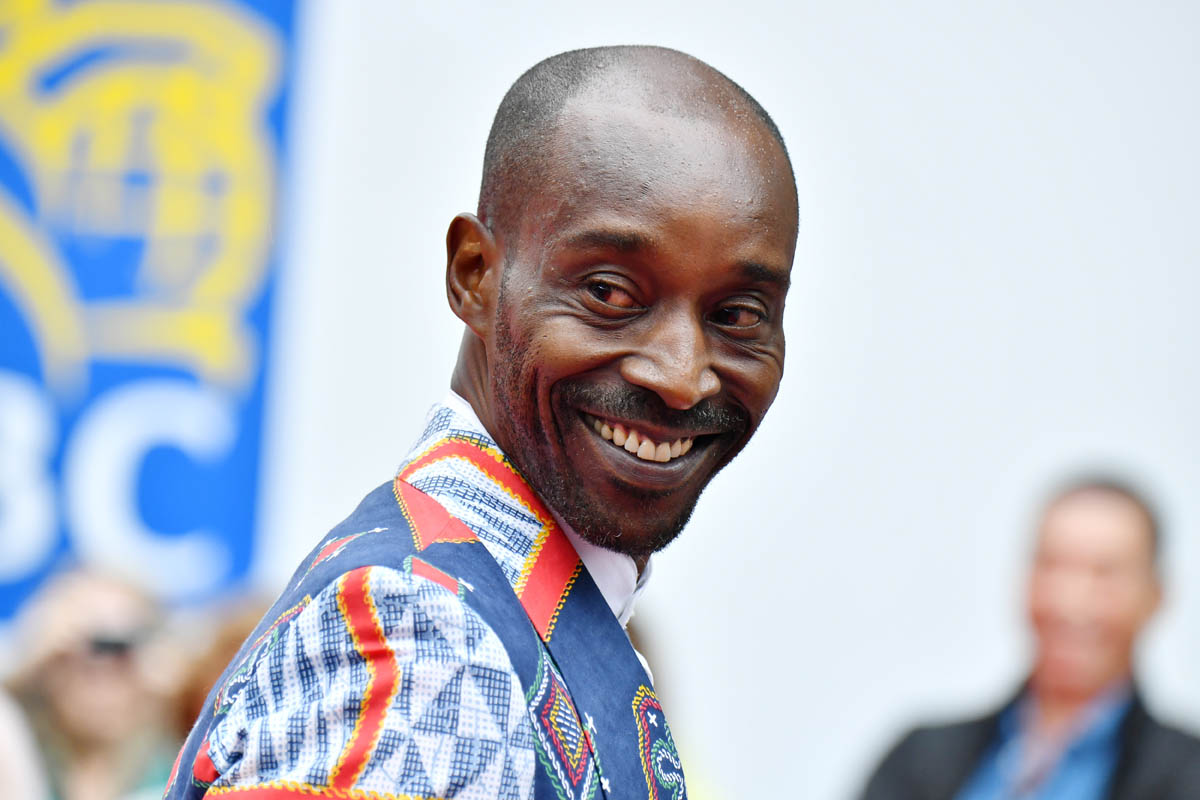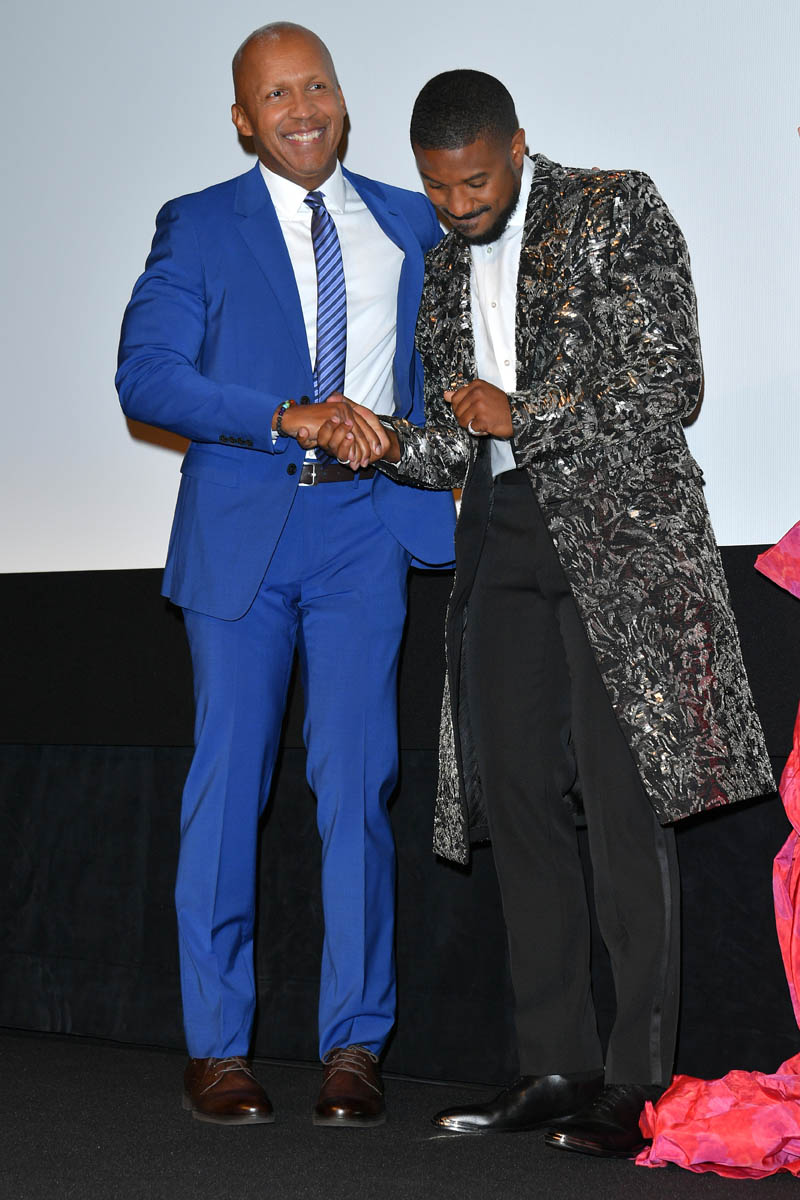Just Mercy should be shared



Even as at-home streaming platforms offer a film viewing experience that is more convenient, more affordable, and more comfortable than cinemas, there are those films that remind us of the power of watching something in a darkened room full of strangers, sharing a singular experience. Just Mercy is one of those films. At its premiere at TIFF, the audience sighed, sobbed, and clapped its way through – a roomful of strangers sharing the singular experience of watching the story of Bryan Stevenson and Walter “Johnny D” McMillian unfold. Destin Daniel Cretton brings Bryan Stevenson’s book, Just Mercy: A Story of Justice and Redemption to the big screen as a classic courtroom procedural; it’s To Kill a Mockingbird but real.
And To Kill a Mockingbird is prevalent in Just Mercy, as it takes place in Monroeville, Alabama, home to Harper Lee and the inspiration for her famous novel. When young, Harvard-minted attorney Bryan (Michael B. Jordan) moves to town, there is signage for To Kill a Mockingbird everywhere, and everyone he meets exhorts him to visit the To Kill a Mockingbird museum. Cleverly, no one ever comments on the blatant and insane hypocrisy of the people of Monroeville, who are so proud of Atticus Finch but do not see how they are enacting the very injustice Atticus Finch fought. It just sits there for the audience to chew on as Bryan becomes mired in the case of Johnny D (Jamie Foxx), a man wrongly convicted for the murder of pretty white girl Ronda Morrison.
Just Mercy is incredibly moving and poignant as Bryan fights for justice for inmates on death row. He moves to Alabama to establish the Equal Justice Initiative, and we get a clear sense of how the deck is stacked not only against Bryan’s clients but also against Bryan himself. He is working against a system that, even in the best circumstances, is loathe to admit mistakes, but in Alabama the circumstances are not the best, but arguably the worst. At one point the sheriff who arrested Johnny D says to Bryan, “You can think we’re all old Southern racists…” which we do because the sheriff and almost everyone else are acting like old Southern racists. The circumstances of Johnny D’s arrest are not unusual – any student of true crime will recognize the toxic mix of corruption, cops desperate to close a brutal case, and a suspect of convenience presenting himself at just the wrong moment. In this case, Johnny D is the convenient suspect because of a known affair with a white woman in town—to the old Southern racists of the county sheriff’s department, Johnny D could be capable of anything. Why not take him down for a murder they can’t solve?
Procedurals can quickly become boring, so Just Mercy takes a mid-movie detour into the final day of another of Bryan’s clients: Herbert Richardson (Rob Morgan). While Richardson did kill someone, he is clearly suffering from a serious case of PTSD from his time in Vietnam, but Bryan is unable to secure a stay of execution for him based on his mental state. It’s a blow to the idealistic Bryan, who then attends Herb’s execution as a witness. This moment could easily become exploitative, but Cretton doesn’t focus on the act itself, he focuses on the toll execution takes on one’s humanity. Just Mercy asks us not only what does justice look like in a system made and managed by imperfect people, but also how can we square the death penalty with any notion of ourselves as just and moral people. A movie probably won’t change anyone’s mind on this subject, but Just Mercy at least asks for more consideration and, well, mercy, that we let go of the “put mad dogs down” mentality.
The other thing that keeps Just Mercy going is the quality of all the performances. There is not a weak link in this ensemble. Jordan capably carries the film, and is especially good in two scenes where Bryan is intimidated by malevolent authority figures. Rob Morgan and Tim Blake Nelson will break your heart, Jamie Foxx hasn’t been this good since maybe ever, and Brie Larson does the most with a bare bones part as one of Bryan’s associates—I am convinced she showed up solely because Cretton’s earlier film, Short Term 12, was her breakthrough role. This is unquestionably Jordan’s film, but Cretton balances the ensemble well and uses the supporting characters to lighten the emotional load of the story, particularly O’Shea Jackson, Jr. as another of Bryan’s clients and Rafe Spall as a simpering district attorney. They both get solid beats to break tension.
Just Mercy is a procedural made in the prestige drama mold, with an old-fashioned appeal. It’s the kind of rousing, emotionally driven film that is best experienced with an audience. It’s made to be a shared experience, to be discussed afterward and processed as part of a community. Because it is about community, both the local community that convicted Walter McMillian—and in so doing, failed Ronda Morrison—but also the spiritual community of a nation that struggles with “justice for all”. It’s a tough film about a difficult subject, but Just Mercy is ultimately hopeful, that we can find grace and forgiveness as long as we keep working toward true justice for all.






















